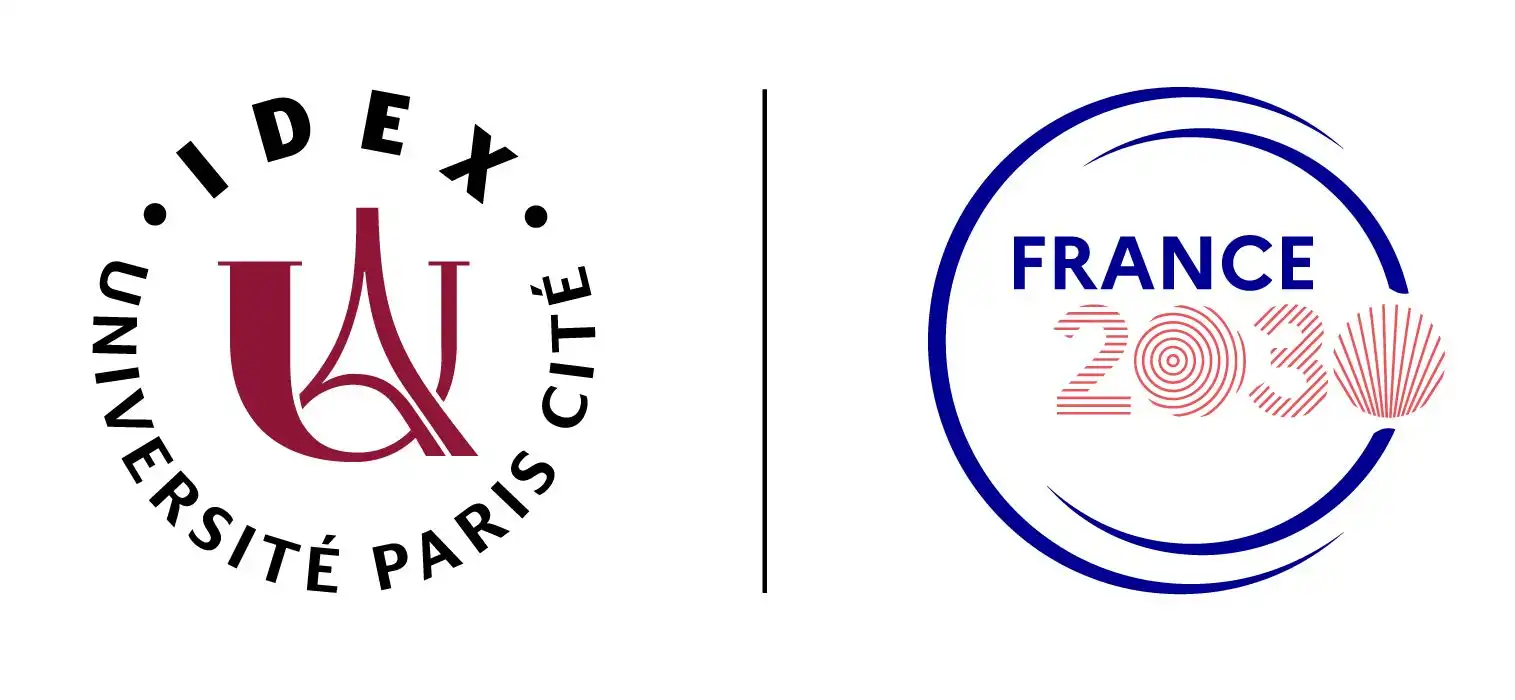Home>A Fulbright experience at Sciences Po: Interview with Alec Kahn (Fulbright research scholar)
25.11.2024
A Fulbright experience at Sciences Po: Interview with Alec Kahn (Fulbright research scholar)
Alec Kahn is a Fulbright research scholar from the United States, who was funded to study urban ecology and urban agriculture in Paris. Fulbright is a 75-year-old cultural exchange program between the United States and other countries around the world, including France, which supports postgraduates in their studies, teaching, and research. After graduating from Harvard University last spring with a focus in environmental studies, he began his Fulbright research in Paris, where he was supported by Professor Charlotte Halpern and the rest of the team at LIEPP. Working at LIEPP, an interdisciplinary policy research lab, has widened his understanding of how environmental policies can be effectively and efficiently implemented, by relying on the insights of a wide range of disciplines and expertise.
What projects were you involved in during your time at LIEPP?
The pinnacle of my work this year was my attendance at the 2024 EU-US Young Leaders Seminar in Brussels, where I met a range of other students, researchers, and activists, on both sides of the Atlantic. The focus of the seminar this year was the “Security Implications of Climate Change,” and it examined the far-reaching impacts of climate change on global health, resources, and geopolitical stability. At the conference, given my own research, I focused especially on the impacts of climate change on agriculture and the global food system––for instance, the effects of rising temperatures and widespread drought––and how adaptive solutions will be increasingly needed to feed the world. I led a discussion panel on the indirect impacts of climate change and made lasting connections with other passionate scholars and activists.
In addition, I attended Le Salon International de l’Agriculture, an annual agricultural show and trade fair, at the Porte de Versailles in Paris. There, I spoke with a variety of agri-tech organizations and agricultural science institutes, discussing solutions to the threats to our food system. In particular, I debated the merits and drawbacks of organic farming, and discussed the crisis of widespread soil degradation around the world. I was also fortunate to meet a variety of farmers and cultivators from across France––and to taste their array of delicious cheeses and foodstuffs.
What other research activities did you pursue?
During my time at LIEPP, I joined the journalism team at The Climate, an up-and-coming UK-based journal that publishes articles on a range of climate-related topics, from sustainable urban planning to shifting emissions regulations. Informed by my discussions at both the Brussels seminar and the Paris farming conference, I wrote the article ‘Can organic farming really save the climate?' published by The Climate on agriculture-related greenhouse gas emissions. More specifically, I offered a critique of whether organic agriculture could actually reduce emissions on a large scale, and instead advocated for a diversified network of climate-related solutions and tools, beyond organic. I am also currently working on a piece related to cobalt mining in the Democratic Republic of Congo, vis-à-vis climate injustice during the Green Transition (with cobalt as a key mineral in electric vehicles and other products needed to decarbonize the global energy grid).
“This year has given me the space to reflect on my position within the global struggle against climate change [and] through working with LIEPP, I have discovered that my future work will need to be interdisciplinary.”
In the meantime, I delved further into my prior research on pests and pest control policies within cities, specifically my work on rats in New York and some initial research on rat control policies in Paris. Furthermore, I am grateful for the space that LIEPP and Fulbright granted me to expand on some personal writing and reflection. I, for example, am currently finishing up a long-form piece on the relationship between digital technologies and grief.
How has your time here shaped your future work?
Overall, this year has given me the space to reflect on my position within the global struggle against climate change, and the fight to protect ecosystems, nonhuman species, and human communities from the worst impacts of our warming planet. Through working with LIEPP and meeting a range of climate scholars and activists, I have discovered that my future work will need to be interdisciplinary––working with scientists, public policy specialists, and affected communities. I have found that writing is an especially powerful tool and medium for creating change, and I am excited to pursue future projects in climate journalism. Above all, I have made lasting connections on both sides of the Atlantic and hope to return to France soon to continue my work and research here.
To learn more, read Alec Kahn's article Can organic farming really save the climate?, published by The Climate News for the Planet, 15/03/2024.

